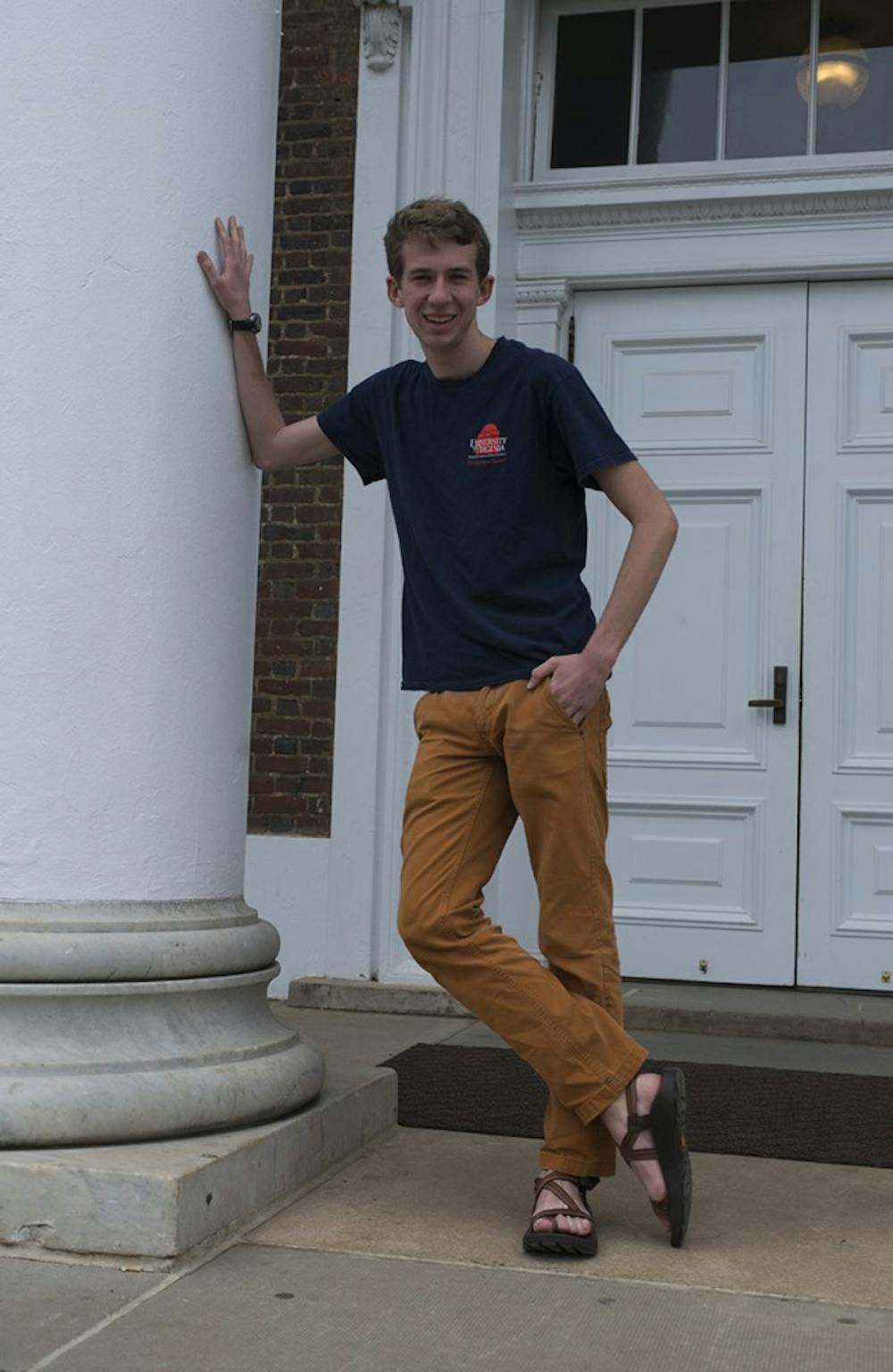Like many University students, third-year Engineering student Matthew Baron and fourth-year College student Mirenda Gwin balance various extracurricular activities with demanding schoolwork. However, Baron and Gwin are unique in their roles as student teachers. Through the Cavalier Education Program, these students instruct a course for their peers, combining academic interests with a passion for teaching.
With third-year College student Usnish Majumdar, Baron teaches “Change by Design” — a course available to all students except those in the Engineering school. The class offers students access to resources and technology they might not experience in their typical coursework. In developing the class, Baron was inspired by Engineering Prof. Dana Elzey’s TED Talk, which encourages university curriculum to incorporate interdisciplinary learning to meet the demands of society.
“A lot of education is deconstructive, where you break apart a topic and analyze it, which is very common in the College, but there is not a lot of product that comes out of that understanding,” Baron said. “I wanted to have a constructive education where people see how to apply the skills they learned.”
Baron concludes his course with a four-week project, which allows students to apply newfound technical and problem solving skills. To have his peers take the work seriously, Baron focuses his class around student development.
“The way we present the class is we are not here to make you learn a specific set of information, but rather to provide individual attention and support,” Baron said. “We don’t want people to be afraid and we want them to view us as resources, which is how I think we get students to take us seriously.”
Like Baron, Gwin sought to engage her students through interactive methods when she taught her class “All Things Fitzgerald.” Gwin’s class was inspired by her appreciation for Fitzgerald’s literary work and her interest in its film adaptations.
“I tried to vary the syllabus to keep it engaging,” Gwin said. “I scheduled three guest lectures throughout the semester and made the class discussion-based. I planned for in-class assignments to be done with a partner and tried to balance film and literary analysis.”
Gwin sought to situate the class within a larger narrative — American cultural aspirations and societal changes of the 1920s, when Fitzgerald was most active. Gwin’s class touched on themes within Fitzgerald’s work, including love, social inequality and race, which also resonate with today’s youth.
“Understanding these themes not only increases the reader’s understanding of modern American literature, but also illuminates the reader’s understanding of his or her place in society,” Gwin said.
Gwin said her experience as a student-teacher parallels her professional goals.
“I’m looking into wilderness therapy and backpacking jobs for next year, so I would be working directly with youth, teaching them about wilderness safety and how to respect nature,” Gwin said. “At its core, wilderness therapy is a form of teaching. I don’t think I would have known how much I love working with students and young people if I had not taught All Things Fitzgerald.”
Baron, who also hopes to teach in the future, said his experience provided useful insight into possible career paths.
“Teaching is about learning from other people and there is no one good teaching style for everyone,” Baron said. “The class is small, so there is a lot of individual attention. It’s cool to be able to cultivate a skill of how people can learn and cater to that.”
Correction: a previous version of this article incorrectly identified fourth-year College student Mirenda Gwin as "Miranda Gwin."







